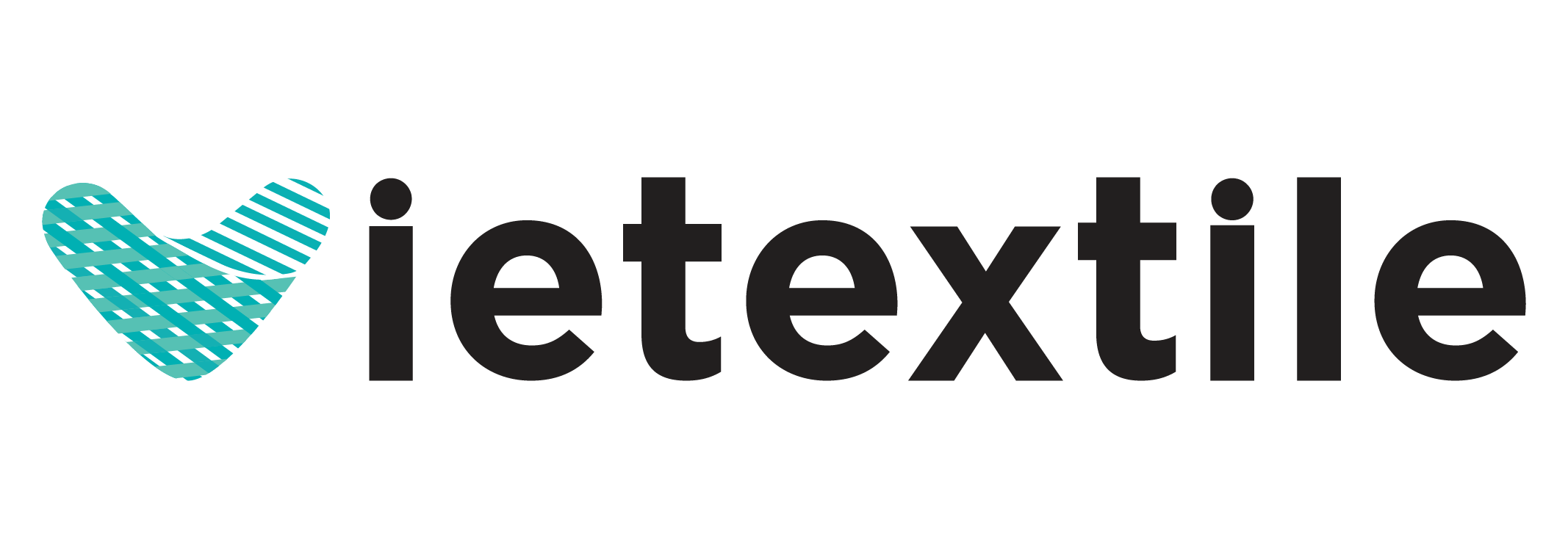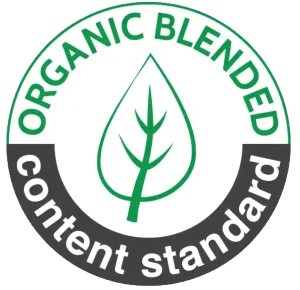In the modern textile industry, industrial fabric dyeing machines play a crucial role in enhancing product quality and optimizing production processes. With advanced dyeing equipment, such as high-pressure dyeing machines or automated systems, fabric dyeing is now more efficient and environmentally friendly. This article will help you better understand the various types of industrial fabric dyeing machines, their standout features, and current market pricing.
1. What is an Industrial Fabric Dyeing Machine?
Nội dung tóm tắt
ToggleAn industrial fabric dyeing machine is specialized equipment designed for dyeing large quantities of various types of fabrics. Modern machines are equipped with automated control systems capable of precisely managing factors like temperature, pressure, and chemical ratios. This precision helps create products with uniform color, excellent colorfastness, and high overall quality.

2. The Role of Industrial Fabric Dyeing Machines in the Textile Industry
Industrial fabric dyeing machines not only accelerate production speed but also significantly improve product quality. Automation features minimize manual errors, save raw materials, and ensure each batch of fabric meets required standards. These machines represent an optimal solution for businesses aiming to compete in an increasingly demanding market. Further information on sustainable practices in textile manufacturing can be found at industry resources like the Textile Exchange which promotes responsible expansion of textile production.
3. Advantages of Modern Industrial Fabric Dyeing Machines
Modern industrial fabric dyeing machines offer several key benefits:
- Resource Savings: Low liquor ratio technology helps conserve water and chemicals, reducing production costs.
- High-Quality Output: Ensures color uniformity, good colorfastness, and minimizes damage to fibers.
- Safety and Convenience: Automated systems and safety features reduce operational risks.
- Environmental Friendliness: Reduces emissions and optimizes energy consumption.
4. Common Types of Industrial Fabric Dyeing Machines

Understanding the different types of industrial fabric dyeing machines is key to selecting the right equipment for your specific needs.
4.1 High-Pressure Dyeing Machine
High-pressure dyeing machines operate at high temperatures and pressures, making them suitable for processing synthetic fibers like polyester or nylon.
- Advantages:
- Fast dyeing speed, saving time.
- Reduced water and chemical consumption.
- Enhanced colorfastness and better color retention.
4.2 Jet Dyeing Machine
Jet dyeing machines use a powerful stream of dye liquor to circulate the fabric through the dyeing chamber. This type is well-suited for lightweight fabrics such as silk and polyester.
- Advantages:
- Uniform dyeing with minimal creasing.
- Suitable for delicate and lightweight fabrics.
- Increased production efficiency.
4.3 Overflow Dyeing Machine
Overflow dyeing machines are designed for gentle processing of natural fibers like cotton or silk, ensuring no damage to the fibers.
- Advantages:
- Protects fiber structure, enhancing fabric durability.
- Energy saving.
- Suitable for high-quality, delicate products.
Guidelines for Businesses in Selecting the Right Machine: Choosing a new generation industrial fabric dyeing machine should align with production needs and the fabric finishing processes, embracing Industry 4.0 technologies.
5. Operating Process of an Industrial Fabric Dyeing Machine
The typical operation of an industrial fabric dyeing machine involves several key stages:
5.1 Fabric Preparation
The fabric is thoroughly cleaned and inspected before being loaded into the machine. This ensures the complete removal of any dirt or impurities that could affect dyeing quality.
5.2 Chemical Dosing
The machine automatically doses chemicals according to pre-programmed ratios. This ensures consistent color results and minimizes chemical wastage.
5.3 The Dyeing Process
The fabric is processed under precisely controlled temperature and pressure conditions. This allows the dye to penetrate evenly and bond securely to the fibers for lasting color.
5.4 Rinsing and Cleaning
The machine employs an automated rinsing and cleaning system. This removes any residual chemicals and ensures the fabric is safe and clean.
5.5 Inspection and Finishing
After the dyeing process is complete, the fabric undergoes a quality inspection. This check ensures that the color and fastness meet the required standards before the product is released to the market.
6. Consultation and Contact
Industrial fabric dyeing machines, especially advanced models like the MULTI-FLOW Eco-Dye, not only offer high production efficiency but also ensure superior product quality. With VieTextile’s support, your business can find the optimal solution to meet modern market demands and enhance your competitive position.
If you need to learn more about industrial fabric dyeing machines or textile dyeing solutions at VieTextile, please contact us via email or phone for prompt and detailed consultation.
FAQs
- What types of fabric are suitable for high-pressure dyeing machines? High-pressure dyeing machines are suitable for synthetic fibers such as polyester and nylon, due to their ability to process materials under high temperature and pressure.
- Is the price of an industrial fabric dyeing machine expensive? The price typically ranges from $63,000 USD to $113,000 USD, depending on the machine’s capacity and power.
- Does VieTextile offer installation services for industrial fabric dyeing machines? Yes, VieTextile provides professional installation and technical support services, ensuring efficient operation of your industrial fabric dyeing machine.
- How do I choose the right industrial fabric dyeing machine? Selection should be based on the type of fabric you process, the required capacity, and essential features. VieTextile is ready to provide consultation to help you make the optimal choice for the industrial fabric dyeing machine you are looking for, while also optimizing operational costs post-purchase.









